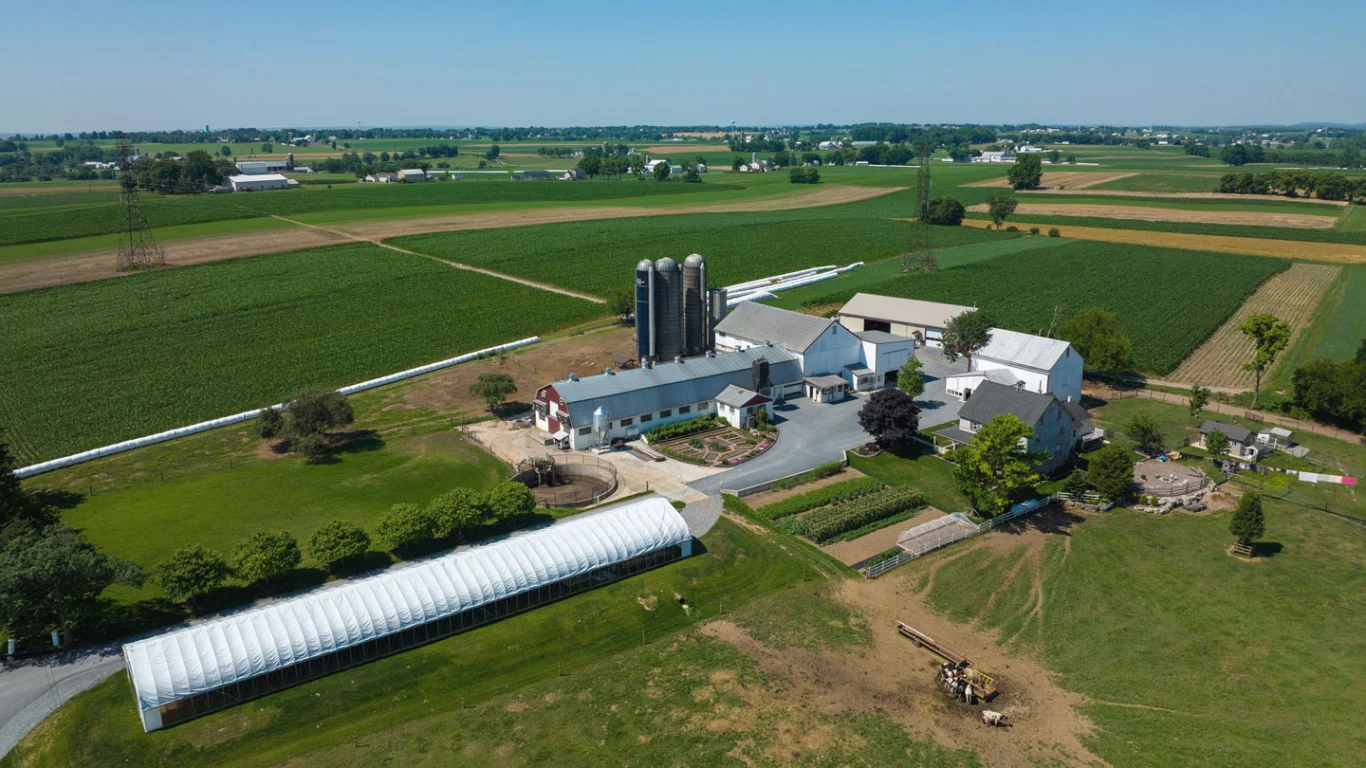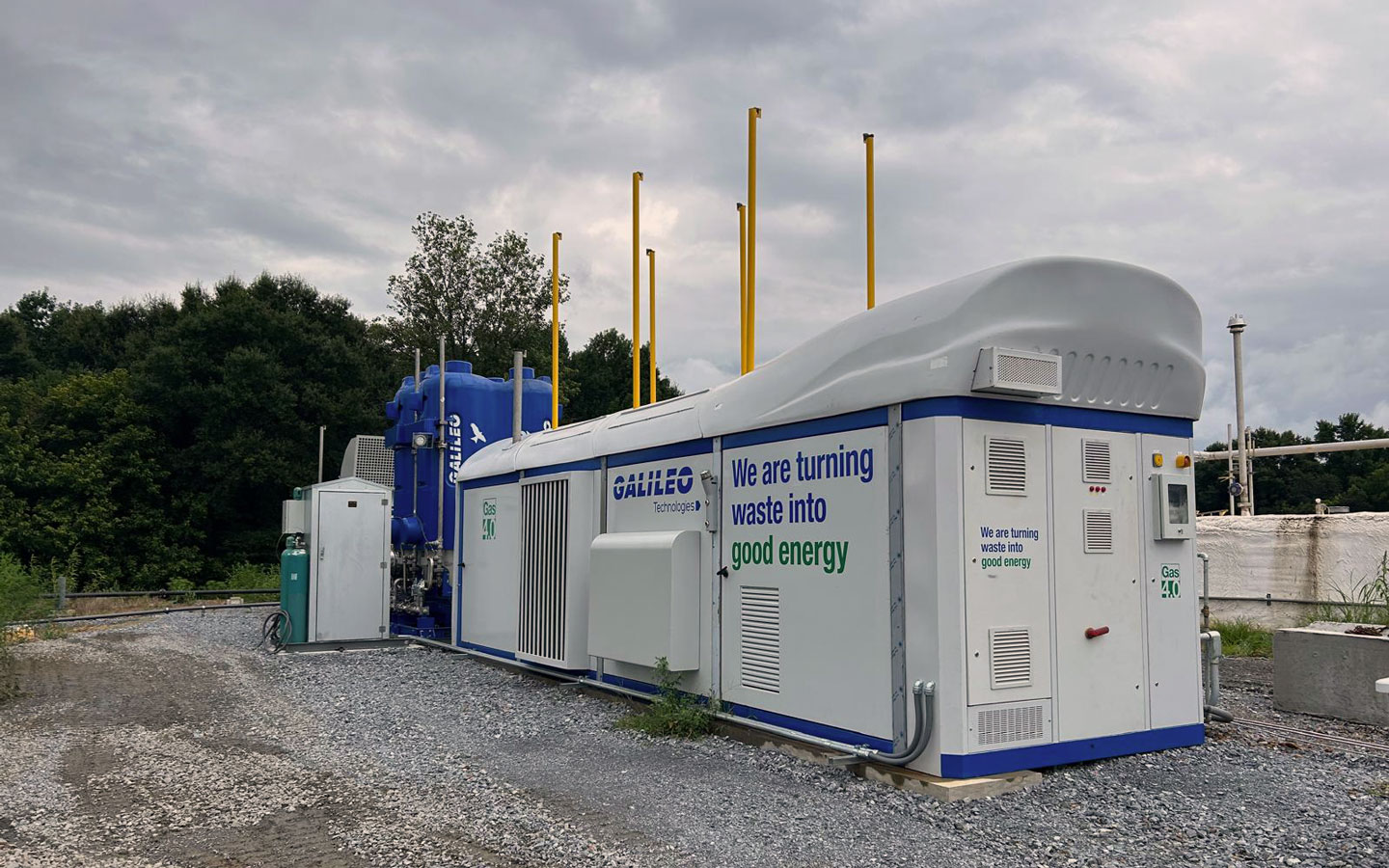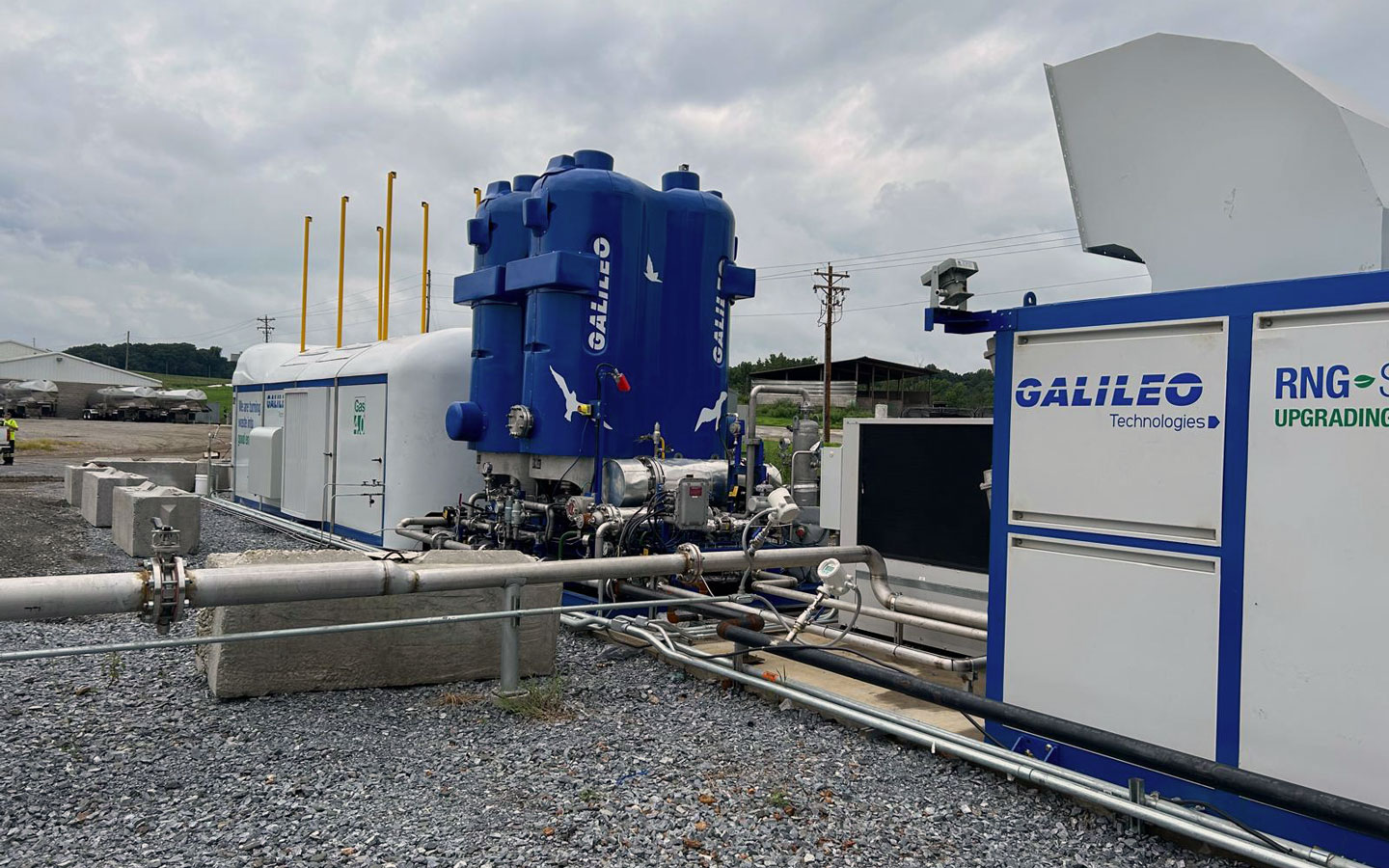United States
When Family Farms Become Energy Partners
Across the American Southeast, a new generation of renewable gas projects is helping dairy farmers turn everyday challenges into long-term opportunities.

On a family-run dairy farm, the daily rhythm seems unchanged — milking, feeding, caring for the herd. Yet something new is beginning to take shape. The operation is now part of a broader initiative led by a renewable-gas development company based in the U.S. Southeast, dedicated to designing and operating RNG generation projects in partnership with dairy producers, transforming waste into clean energy and tradition into progress.
Their shared goal is simple yet ambitious — to help agriculture reach net-zero carbon while strengthening rural economies.
A Practical Path to Net Zero
The partnership’s first milestone took place in Dublin, Georgia, where Galileo Technologies installed a Pressure Regulating Plant (PRP) — the first of its kind for Renewable Natural Gas (RNG).
This facility completes the biomethane value chain, taking renewable gas compressed and transported at 3600 psi and reducing its pressure for safe injection into the local gas distribution network.
Beyond its technical achievement, the project also carries financial impact: every cubic meter of RNG injected —after passing through the new decanting and pressure-regulation system— generates carbon credits, reinforcing the economic value of emission-reduction initiatives and providing a tangible incentive for both developers and farmers committed to sustainability.
“Innovation is most powerful when it works at the source — right where the energy begins. These projects show how technology and agriculture can thrive together.”
María de la Orden – RNG Sales Director
From One Project to the Next
Following that first success, the same Southeastern RNG developer expanded its collaboration with Galileo to a family-owned dairy in Cherryville, North Carolina, where a third generation continues to blend heritage with innovation.

For decades, their focus was on herd health, milk quality, and keeping the operation running efficiently. Now, that same instinct for stewardship has led them to something new: turning manure into renewable natural gas (RNG).
Like many large dairies, the farm faced the challenge of managing thousands of tons of manure while maintaining environmental compliance and profitability. The solution came not from adding complexity, but from harnessing what was already there. Through anaerobic digestion, the biogas naturally released by manure is captured and upgraded using modular technology until it reaches pipeline-quality standards (the same purity as conventional natural gas). The result is a steady flow of clean, renewable fuel ready to enter the energy grid.
At the center of this transformation is Galileo’s Biobox 250, a modular, compact system designed to upgrade raw biogas into pipeline-spec RNG. Operating directly on-site, it allows dairy farms to maximize gas recovery and minimize environmental impact without the need for costly fixed infrastructure or long-distance transport.
Together, the projects in Georgia and North Carolina demonstrate how renewable gas ecosystems can grow organically — from farm to grid — driven by technology, cooperation, and a shared purpose.
"Behind every molecule of renewable gas, there’s a story of collaboration and purpose. That’s what makes these initiatives truly transformative."
María de la Orden

A Model for the Future
These projects illustrate how renewable gas can connect rural producers, utilities, and communities in a single circular-energy system. It’s a model built not only on technology, but on trust — proving that the path to decarbonization doesn’t start in a lab or a city. It starts on the land, with the people who’ve been taking care of it for generations.